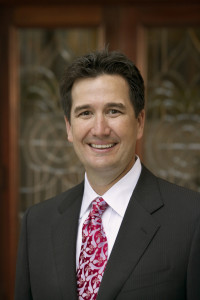When an individual suffers an injury at the hands of another, it can be a devastating experience to both the individual and his or her family. It can impose unforeseen medical costs, result in an inability to work, create a dire financial hardship, or otherwise create a very difficult experience for everyone involved. But this is why we have the civil justice system: to make the victim “whole” by providing a means for obtaining legal relief against the wrongdoer.
In pursuit of fairness and equity, however, the law sometimes recognizes considerations in favor of the wrongdoer. One of the most prominent of these considerations are statutes of limitations—or, as we say here in Louisiana, “prescription”. Prescription describes the procedural device that places a time limit on a plaintiff’s right to pursue a claim. So, for instance, if you were injured as a result of another person’s negligence, you have one year to file the claim in court before prescription bars you from filing the lawsuit altogether. While there are many nuances to this general rule and different prescriptive periods for different causes of action, it generally operates in this way. As mentioned above, prescription works in favor of the wrongdoer and for good reason. It ensures that injured plaintiffs pursue their claims with reasonable diligence, it gives defendants certainty about the timing of a potential claim against them so they can adequately prepare a defense, and it keeps the lawsuit temporally close to when the injury occurred so that potential witnesses and evidence to be presented at trial are still available.
But lawsuits can sometimes get overly complicated, leading to oversights and inaccuracies by parties to the suit, attorneys, and judges. One classic instance of such an oversight is where the plaintiff names the improper defendant in the lawsuit, and in the meantime, prescription on the claim against the proper defendant runs. What happens in this situation? Do the courts let procedural rules trump the overarching goals of equity and fairness in the justice system?
 Louisiana Lawyer Blog
Louisiana Lawyer Blog


